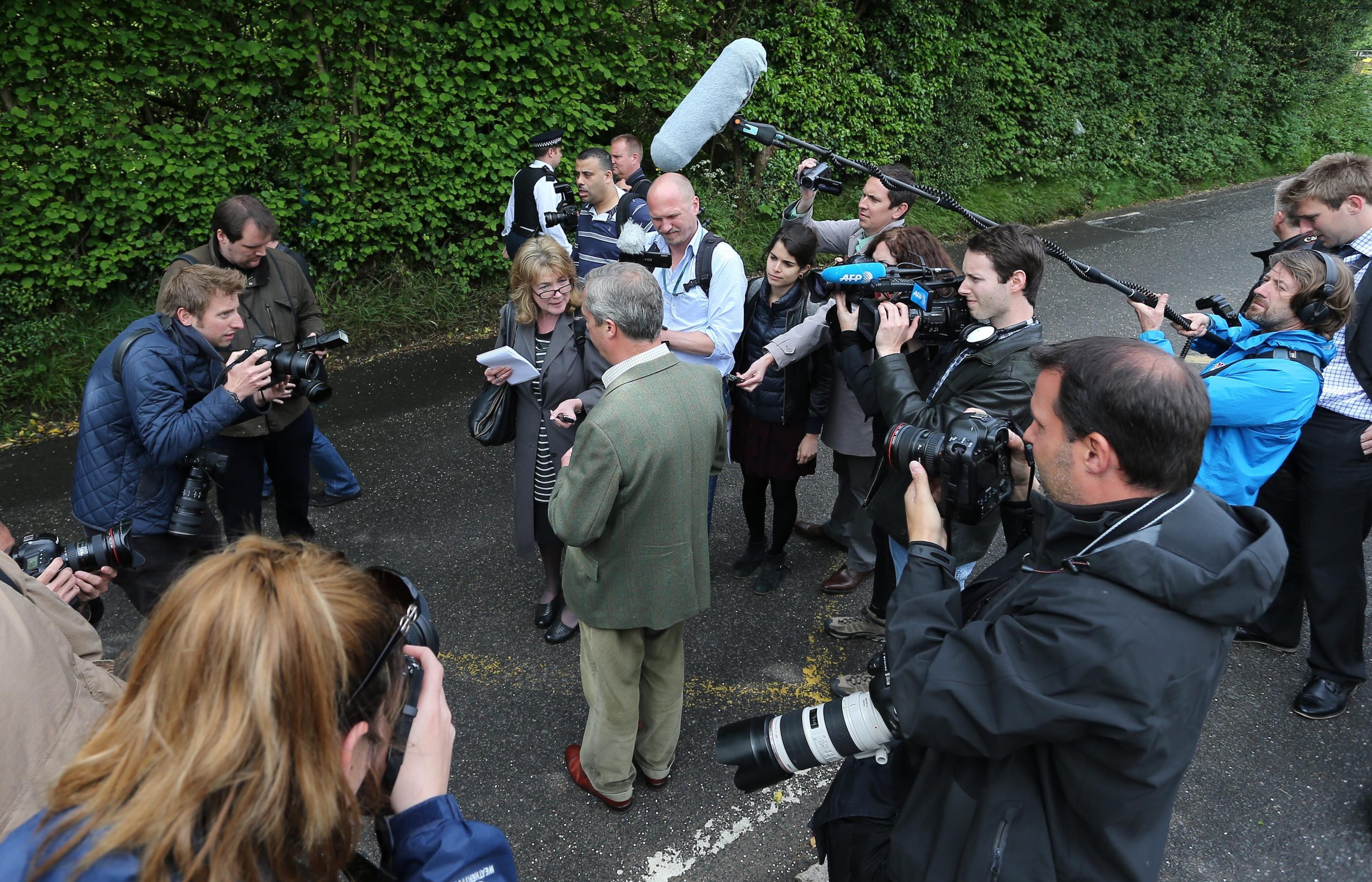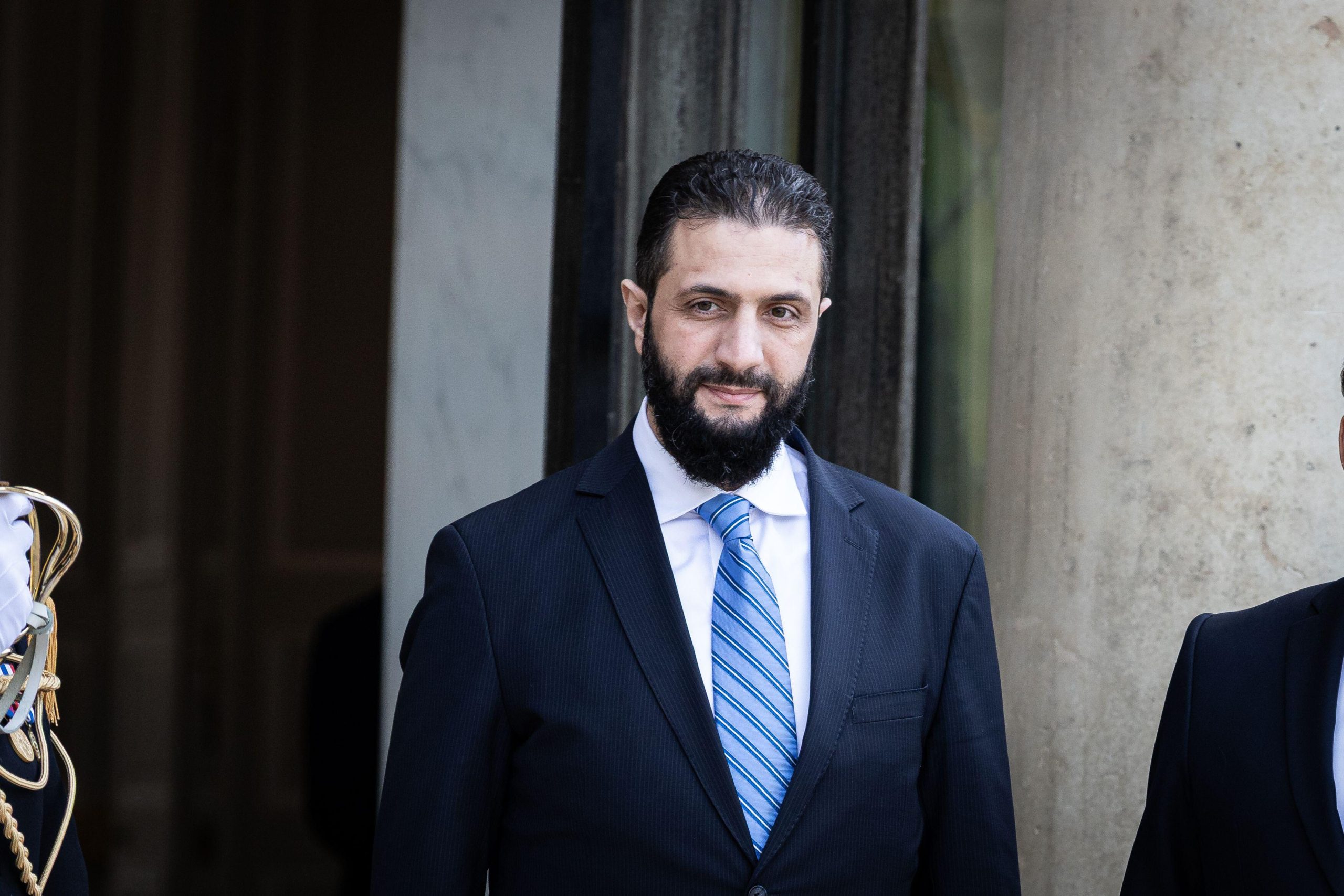
The British National Party leader’s appearance on Question Time is not a “no platform” issue, says the Liberal Democrat Shadow Home Secretary. It is time to confront the BNP by championing moderation and tolerance
Nick Griffin of the BNP has been gagging to get onto Question Time, because it is a test of his continental-style strategy of normalising and legitimising the extreme right. On the model of the Italian National Alliance, Jean-Marie Le Pen’s Front National and Pim Fortuyn in the Netherlands, Griffin is attempting to yank his party into greater acceptability and live down its Mosleyite roots of confrontation and street violence. Since the BNP’s objectives have not changed — and they remain racist — that is a very good reason to be sceptical about the BBC’s decision to give him a platform.
However, the issue is one of thresholds. The BBC has judged that two MEPs in a nationwide election entitles the BNP to a voice on Question Time, just as previously a similar threshold elevated UKIP and the Greens. The BBC’s duty of impartiality is too important to have broadcasting executives decide that some opinions are acceptable and others are not, providing of course that those opinions are within the law (notably in avoiding incitement to racial hatred or violence). Therefore I do not myself criticise the BBC for making the invitation, even though I am acutely aware that extending such democratic rights to a party that does not respect them is paradoxical.
Peter Hain, the Welsh Secretary, argues that the BNP should be excluded because it admitted last week, in the court case brought by the Equality and Human Rights Commission, that its constitution was in breach of the law by discriminating against black and Asian people who might want to join. But Griffin has already said that he will amend the party’s constitution, and this was anyway a bizarre technicality since I cannot imagine many black or Asian people wanting to join an organisation arguing for them to leave the country. Refusal of Griffin on these grounds would look like gerrymandering, and would play into precisely the “us against the establishment” pose that Griffin likes to affect.
Once the BBC had decided to invite Griffin onto the programme, the ball was then in the court of the democratic parties. Liberal Democrat leader Nick Clegg and I thought long and hard about the issue. Should we signify acceptability for Griffin by appearing alongside him? Would that merely make him seem mainstream and acceptable? These are real risks. However, once the BBC had extended the invitation, we concluded that it would be perverse to exclude the liberal political tradition which is most diametrically opposed to the authoritarian and nationalist views of the BNP. We had to take Griffin on.
The issue here is different to the old “no platform” policy. I would not appear at a meeting organised by the BNP, and nor would I extend an invitation to them. It is no part of the business of an elected liberal to drum up larger audiences for our most reviled opponents. They are welcome to their freedom of speech, but they can choose their own street corner and their own soap box without my help. But the BBC has decided to invite Griffin, and I fear that Thursday night’s excitement would not have been called off just because the Liberal Democrats decided not to participate. Better surely to champion the great British values of moderation and tolerance rather than give bigotry the only say.
Chris Huhne is the Liberal Democrats’ Shadow Home Secretary
This article is also published at Comment is Free





